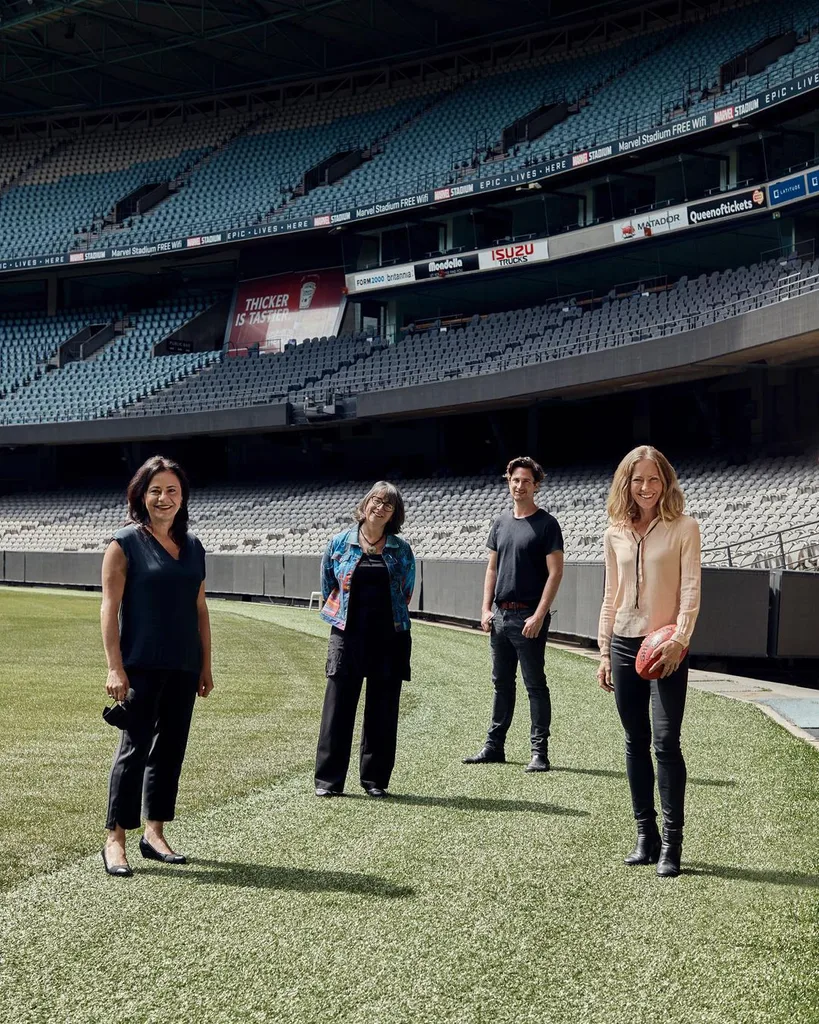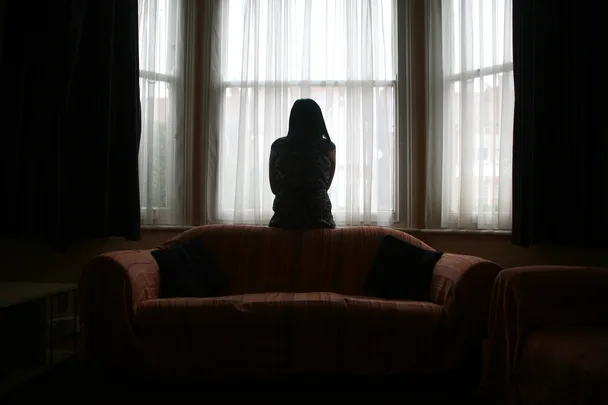This weekend, thousands will gather—mostly, at home—to celebrate the AFL and NRL grand finals, donning their team colours and settling in for two nights of epic footy clashes. But, recent reports have proved that every year around the country, as celebrations continue and disappointed teams head home, something more sinister is at play for Australian women.
In Victoria, domestic violence incidents rise 15.11 per cent on AFL grand final day and 11.56 per cent on NRL grand final day.
The figures are even more staggering in NSW, with a 27.91 per cent increase on the day of NRL grand finals, and 16.28 per cent for the AFL.
A decade of Tasmanian Police data also shows family arguments and family violence incidents are 35 per cent higher for the AFL grand final than any other day of the year.
This year, experts have fears even more victims could be at risk due to COVID-19 restrictions, particularly for those in Melbourne.
No To Violence, White Ribbon Australia, 1800RESPECT, Our Watch and Respect Victoria have all come together to launch the ‘Play Our Part’ campaign, aimed at raising awareness around how to prevent family violence and what support is available to victims, perpetrators, and victims.

“This a really dangerous time for anyone that’s living with family abuse, domestic violence or intimate partner abuse in the home situation,” No to Violence chief executive Jacqui Watt said. “We know that because the number of calls to our services rise and there are more incidents reported to the police over these weekends.
“(That’s) right across Australia but particularly in Victoria and NSW where those numbers seem to really peak just around and after the grand finals in each state.”
Patty Kinnersly, chief executive of Our Watch, said sport is never an excuse for men to use violence against women.
“We know from the research that family and domestic violence is not caused by the disappointment of your team losing, a few too many beers or the stress of a tense match,” she said.
“Although these factors may exacerbate the violence, it is driven by gender inequality and the perpetrator’s need for power and control over their victim.”

The ‘Play our Part’ campaign also aims to raise awareness of family and domestic violence prevention and early intervention support services in Australia, as they work to change the attitudes and behaviours that lead to men’s violence against women.
This year, 39 women have been killed in domestic violence incidents in Australia, per the Counting Dead Women project.
There have already been 39 women killed in domestic violence incidents this year in Australia, according to the Counting Dead Women project. In 2019, there were 61 deaths due to domestic violence, equating to more than one per week.
Tracey Gaudry, Respect Victoria CEO, hopes more awareness of prevention and support services will change the attitudes that lead to domestic violence.
“The more people choose to ‘call it out’ when a friend, colleague or family member acts or speaks disrespectfully about a woman, the less that behaviour will be seen as ‘normal’ and will eventually stop altogether,” she said.










